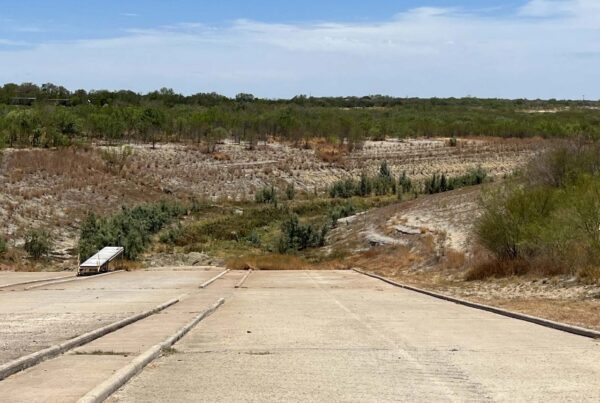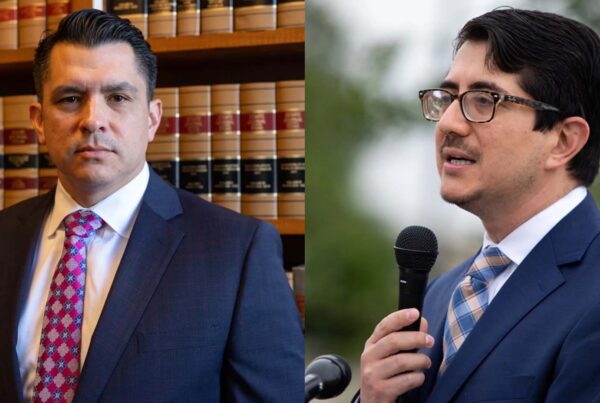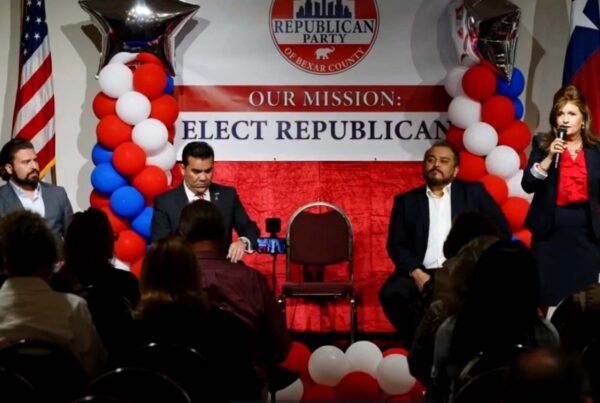A group of scholars and activists made national headlines a few years back when they announced they were launching a school called the University of Austin (UATX.)
Unrelated to the University of Texas school system and still unaccredited, UATX was founded on the idea that many traditional universities have become ideological echo chambers and hostile to open debate about the issues of the day.
Just six weeks after the University of Austin was announced, the school was able to raise $10 million. That was far from its goal of $250 million but still enough to start hiring teachers and planning out a course schedule.
This fall, UATX will officially open its doors with its inaugural class, something Morgan O’Hanlon has been tracking for The New Republic in her story, “Austin’s Anti-Woke University Is Living in Dreamland.” She joined Texas Standard to discuss. Listen to the interview above or read the transcript below.
This transcript has been edited lightly for clarity:
Texas Standard: You attended some events hosted for new students and families put on by the University of Austin. What did you see?
Morgan O’Hanlon: I did. I attended the opening weekend of UATX recently.
This is kind of the coming together of a years-long project to start this new educational project here in the capital of Texas. And it’s really realization of this project that a lot of people doubted for a long time.
One of the university’s deans is a former University of North Texas professor who was banned from speaking publicly after attending and contributing to a campus discussion about the Israel-Hamas war. Could you tell us more about him and your conversation with him?
Yeah, “banned” might be a strong word for what happened in that instance.
He received an email issuing guidance to all the political science professors in his department, asking that they kind of adhere to stronger guidelines so that they can more effectively handle protests that are going on at campuses across the country in relation to the Israel-Palestine conflict.
Now, this is kind of the latest realization of a culture war that’s going on. I mean, it is a hot-button political issue. There’s a lot to say on both sides. And he did not like that he felt censored by the university.
That’s a really, really common theme among the professors who are joining UATX. In fact, it almost seems like a job requirement to have some sort of political controversy going on or to have some kind of accusation of censorship against their former employer.
Well, without accreditation degrees earned at UATX, they would not count for students who wanted to apply for something like law school. How big of a concern is that for those you spoke with?
On a case by case basis, the university has said that they’re working with other institutions to make deals so that some of their credits might be accepted, a few different institutions. I think a lot of the students are hopeful that the accreditation process will come together by the time that they graduate, and that these credits will be transferable.
A lot of them are really banking on the fact that they’ll be able to get jobs right out of school, based on some of the high profile connections they might be able to make through some of the big names attached to this project. Otherwise, I think a lot of them are really attracted to the entrepreneurial route of job prospects.
Well, given the types of personalities attracted to this type of educational experience, is there some worry that the University of Austin could become an ideological silo?
I think that is definitely the big question about whether or not they’re going to be able to pull off kind of the pluralistic range of views that they really want out of this project, or at least that they’re saying that they want.
At a few other different institutes being started at [the University of Texas at Austin] and at West Texas A&M, those projects have definitive ties to some very right-leaning causes, whether that be very conservative donors or some of the professors linked to them themselves, kind of publicly expressing these views. So I think the question is whether or not they’re going to be even able to attract students or faculty who have this range of interests and views and that it doesn’t become another one of these echo chambers.















